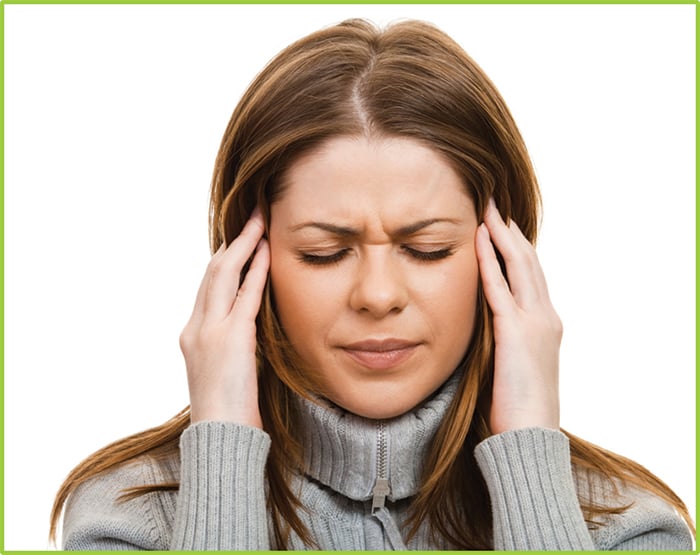Migraine headaches are not a common headache. It causes unbearable pain. Sometimes, the pain is so severe that you can't do any work or rest. Your heart wants you to lie down with your eyes closed and wait for the headaches to subside. Migraines are said to be caused by disorders of the nervous system. Sometimes there is pain in the whole head, but less in half and more in half. Migraine or migraine headaches are caused by enlargement of the blood vessels and the presence of chemicals from the nerves in these arteries.
During this visit, the capillary veins become swollen or some chemicals are produced which further inflate the vein through inflammation and pain, which causes nervous system, nausea, upset stomach and vomiting. At the same time, the digestion process slows down. Slowing down the blood flow can cause cold hands and feet and a feeling of weakness in the body. This pain usually lasts for four hours, but sometimes it can last up to twenty-four to thirty-six hours.

Did you know that the Headache Center of Atlanta found a major trigger for stress comorbidities? About 80% of migraine sufferers blame stress. Other causes include hormones (65%), irritating environment (44%), light (38%), smoke (36%), heat (30%) and food (27%). Magnesium and calcium deficiency can also cause migraines. Naturally, you must eliminate the deficiency of these two ingredients to reduce the chances of migraine attacks.
Although painkillers can relieve pain, they can also have side effects. They can cause damage to parts of the body that do not need treatment. It is not advisable to take painkillers, especially for pregnant women or for those who already have other illnesses. Here are some effective habits or actions that can help keep migraines at bay.
*To meditate
Hormonal changes during puberty can lead to migraines in women. Women are three times more likely to develop migraines at puberty than men. For women who suffer from migraines after periods or motherhood, the most effective and quick solution is meditation, which can balance dizziness or loss of energy.
Meditation is also an effective treatment for stress-induced migraines. It helps you stay healthy and relaxed. Anyone can follow it regardless of age, gender or other criteria. Meditation softens your blood vessels, increases pain tolerance, and keeps you mentally alert.
*Exercise habits
It is recommended that people with migraines get regular exercise. Exercise reduces stress and also helps to balance many chemicals and functions in the body. Take 15 to 20 minutes for a morning walk.
*Proteins instead of processed foods
It is better to eat nutritious food than to eat junk or fast food foods. Eat healthy meals five to six times a day instead of filling up after a long break. This will help you to control the sudden onset of migraine. Use a light diet in this regard. Avoid foods that may increase the risk of migraines, such as chocolate, cheese, alcohol and caffeine. Drinking plenty of water can reduce your migraine.
*Take a break from work
Office or business affairs can make your brain tired and prone to migraines. Try to take some time to go to an airy place with family memories or go to an airy place and take deep breaths.
*Don't wait
One study found that 80% of the world's migraines are caused by an imbalance in mental hormones. Following a unique de-stressing technique effectively reduces migraines. It calms the nervous system and balances mental hormones.

